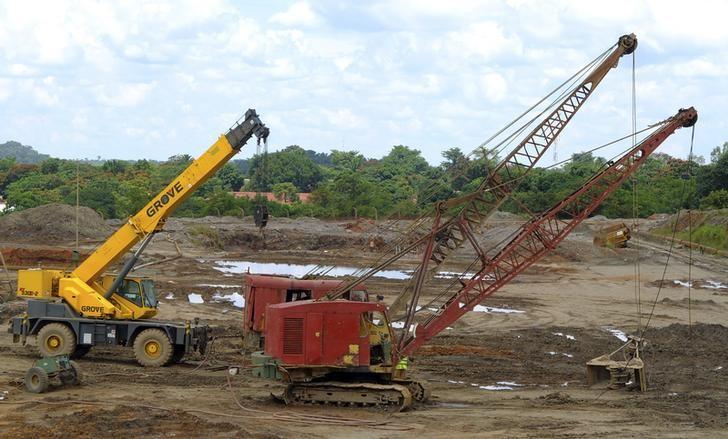
DRC eyes production-sharing structure with deal with Chinese mining firm
Congo’s Gecamines has signed a production-sharing deal for copper and cobalt deposits with China’s Hongkong Excellen Mining Investment, which will pay a $40 million signing bonus.

The state run mining company on Monday said its first production-sharing deal would guarantee it a “significant” share of annual production from the Kingamyambo and Kilamusembo deposits “regardless of the financial results of the project”.
China is the world’s largest consumer of industrial metals and has strengthened its grip over supplies from across Africa in recent years to feed its economic growth.
The Democratic Republic of Congo is Africa’s top copper producer and the leading miner of cobalt, which is used for electric car batteries.
Gecamines has said that its joint ventures with international miners such as Glencore and China Molybdenum do not bring enough money into state coffers and is turning instead to production-sharing agreements, which are common in the oil sector.
“Production sharing agreements align the interests of the two partners because the risk now weighs more on the investor than on Gecamines,” Gecamines economic adviser Stephane Cormier said.
He spoke alongside representatives of Hongkong Excellen, an affiliate of Shanghai Putailai New Technology Energy Co Ltd’s main shareholder.
Gecamines chairman Albert Yuma added that a $40 million instalment of Hongkong Excellen’s signing bonus would be paid by the end of the year.
Gecamines said in a statement that reserves at Kingamyambo and Kilamusembo could exceed 1 million tonnes of copper and 100,000 tonnes of cobalt. Since its heyday in the 1980s, when it produced close to 500,000 tonnes of copper a year, Gecamines has fallen heavily into debt and last year produced less than 16,000 tonnes.
International watchdogs, including the Carter Center and Global Witness, say that hundreds of millions of dollars of Gecamines’ revenues in recent years have gone missing.
Gecamines angrily rejected those charges last week, accusing the groups behind them of serving the interests of foreign mining companies.






